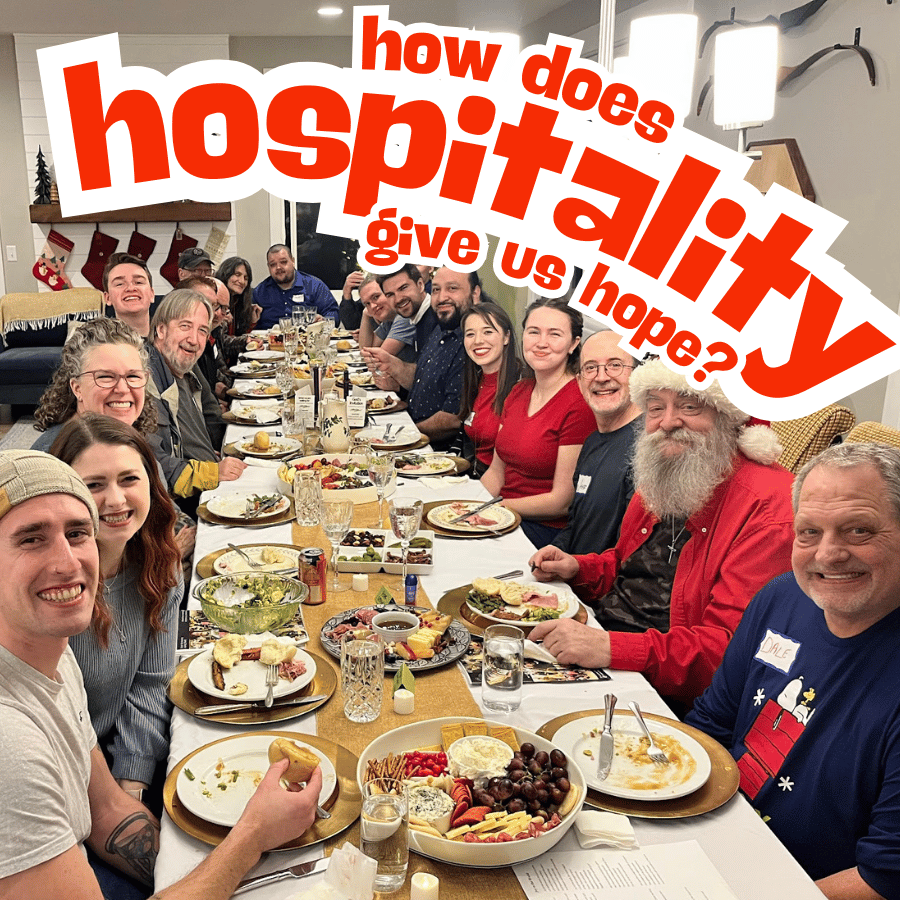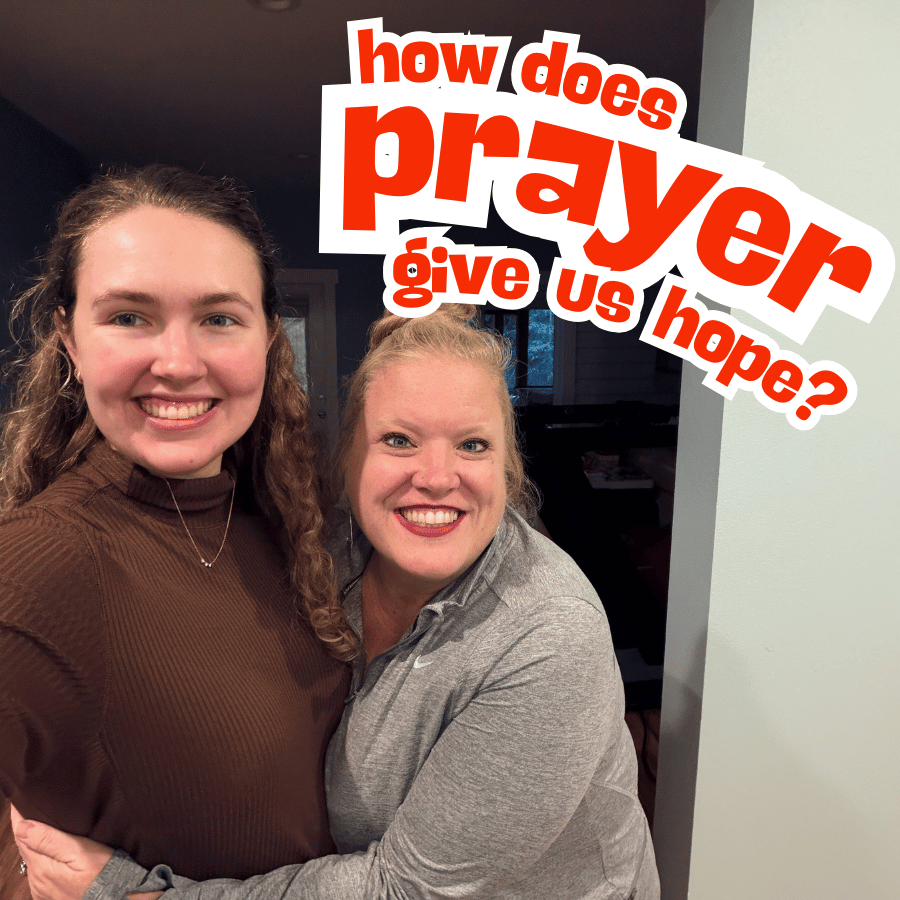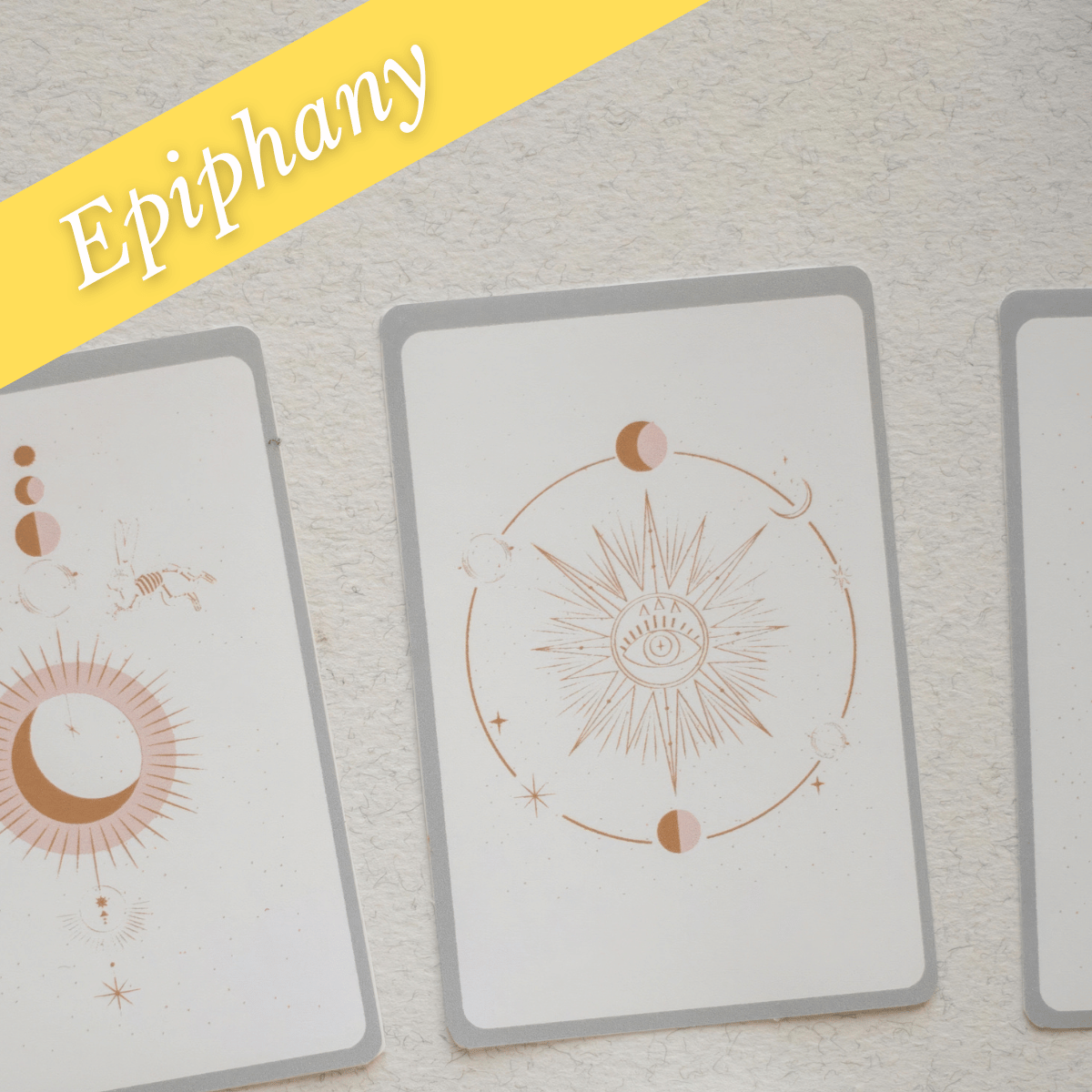The Overlooked Miracle of Pentecost
Written by Emma McCoy
3 minute read
I have to admit, I love Pentecost.
It’s one of my favorite church holidays for a few reasons. 1) the story is so hopeful, 2) there’s fire on people’s heads, and 3) it’s the only church holiday that gets its own color (red). I love the rhythm of the church calendar, and Pentecost closing out Eastertide with a colorful display, pointing us past the celebration of Easter and out into a world waiting for Jesus’ return, is pretty rad.
I’ve really loved how the past few years, Spring Church has talked about the 4 miracles of Pentecost, paying really close attention to the fourth one. Yes, the wind and the fire and the languages are all amazing (I would give my left arm to instantly know a language), but it can be easy to ignore the fourth miracle among the crowd, which my dad has translated as “now they’re speaking my language.” It’s not just that a bunch of foreign languages are being spoken in an ethnically diverse crowd; it’s that they were speaking each other’s heart-languages. Really communicating. Getting up close and personal in ways they shouldn’t have known about. It’s like saying hello to a friend and immediately knowing what’s going on with them, and having the right thing to say to love them. Except with strangers. This is the fourth miracle: someone knowing how to demonstrate God’s love, whether it’s the right words or actions, exactly what you need. Here’s what we’re considering today:
What does it look like, someone speaking your heart-language?
How can someone, through their friendship, reveal faith that feels personal and surprising?
Where does this fourth miracle show up in everyday life?
While it might seem like a lot of ground to cover, these questions are intertwined pretty closely, and I’ve got a story that might help us. I’m fairly confident that I’ve told this story before, but bear with me, because it has a unique implication for our study of Pentecost and the fourth miracle.
Last year, I found out rather abruptly that I had to move apartments.
I thought I’d done my due diligence to ensure my lease could continue (I had) but after the leasing manager was fired I found out she hadn’t been doing her job properly (hence the firing) and I had three weeks to move out. Bummer. I had a lot of stuff to move: furniture, kitchen supplies, clothes, a mattress, and about five million boxes of books. Based on when I had to move out, and when I could move in somewhere else, I had a day to do it. Double bummer. It was the sort of situation where I had to ask for help because there was absolutely no way I could move everything by myself.
Now, I’m usually not a fan of asking for help. While I know I can rely on my family, they were two states away. I had to rely on my friends. This says something about the friends I’ve historically chosen, as I don’t like relying on friends. My default setting is to assume that I’m on the outside of any given group, and people would rather be doing literally anything other than give me a hand. I don’t want to count on friends, because I don’t want to be let down (again).
Here’s where the fourth miracle of Pentecost comes in:
when I was moving, the language of God’s love looked like my friends showing up and giving their time and energy to help me move. It blew my mind, that kind of dependable selflessness. Folks from my Master’s program showed up, and just about everyone from my church small group. For a lot of them, they gave up a day off to haul my stuff around—to move a couch from another friend’s apartment, to put together my bed frame, to lug a table up three flights of stairs, and buy screws at Home Depot.
That day, my friends spoke my heart-language.
I needed help, was scared to ask for it, and they demonstrated God’s love by being present and giving me their time. It showed me a piece of what it’s like to be loved by God, and how I can depend on Him.
That’s how it looks when someone speaks your heart-language. That speaking reveals what the love of God is like. And it can show up in something as everyday as moving from one apartment to another.
And the best part is, that fourth miracle isn’t just a one-time thing.
It has implications that keep rippling out, like a stone thrown in a lake. Last week, when it came time for me to pack up my things in my car and drive home to Washington, I didn’t hesitate to reach out to my friends, and a friend from small group showed up and helped me pack. It felt natural, and that kind of change in my heart—from distrustful to trustful—makes my life better. It helps me to be a more open, honest, and gentle person who can maintain loving and healthy friendships.






3-minute read